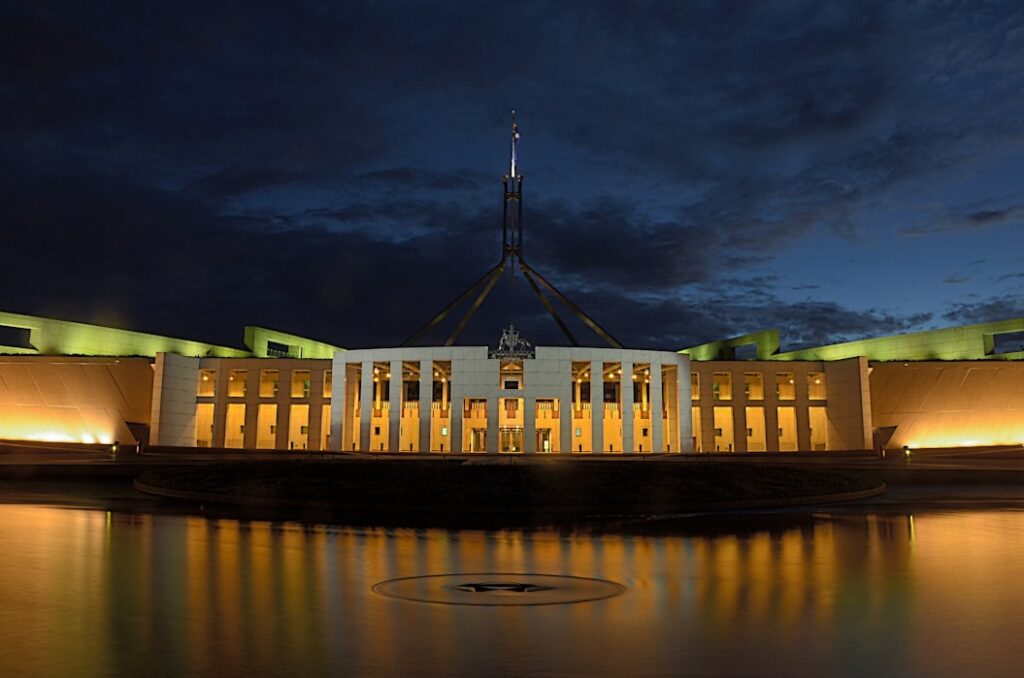
Commonwealth, State, and Territory Building Ministers convened on October 24, 2025, to discuss significant updates regarding the National Construction Code (NCC). The ministers agreed to a pause and streamlining of the NCC, establishing the content and timing for the upcoming NCC 2025 edition.
During the meeting, the ministers addressed the Commonwealth’s announcement from August 24, 2025, which stated that no further residential changes to the NCC would be implemented until mid-2029. This decision will allow for the finalisation of NCC 2025, focusing only on essential quality and safety measures. The Building Ministers recognised this pause as a constructive step to enhance productivity in residential construction and increase the supply of new homes.
By agreeing to halt further residential changes, the ministers aim to provide certainty to the industry. This assurance enables builders to invest confidently in workforce development and innovation-related activities. The ministers clarified that the exemption to the pause would strictly apply to serious issues and changes that cannot be deferred until the next edition of the code. Other proposed changes will be postponed.
Collaboration and Modernisation Efforts
Building Ministers emphasised the potential to modernise the NCC, ensuring a regulatory environment that supports the construction of more homes in a timely manner. With the decision to pause officially confirmed, they acknowledged the opportunity for collaboration among jurisdictions and industry stakeholders to improve the NCC for future needs.
The scope of the ongoing work includes efforts to streamline regulations, promoting greater national harmonisation while also allowing for state- and territory-specific adjustments. These adjustments will aim to reflect the unique quality and efficiency requirements of each jurisdiction. After reviewing advice from the Australian Building Code Board (ABCB), the ministers discussed necessary provisions for inclusion in NCC 2025.
In this context, they agreed that no further residential changes would be made in NCC 2025, with the exception of essential safety and quality measures. For instance, voluntary embodied carbon provisions will be released as an ABCB guidance document, and changes related to electric vehicle (EV) charging and residential energy efficiency will not be introduced at this time. This approach preserves the high energy efficiency standards established in NCC 2022, including the 7-star energy efficiency rating, while also recognising the updates made to EV charging in commercial buildings under the same edition.
The publication date for NCC 2025 is set for February 1, 2026, with states and territories having the option to consider adoption from May 1, 2026. Each jurisdiction will determine its approach to the adoption of NCC 2025. For example, Tasmania has indicated that it will pause the implementation of NCC 2025 measures.
Leadership Appointments within ABCB
In addition to the discussions surrounding the NCC, Building Ministers made key appointments within the ABCB. They reappointed Penny Cornah as a plumbing industry representative on the board and extended Glenys Beauchamp’s tenure as Chair of the ABCB by an additional 12 months. Beauchamp’s extensive corporate knowledge and experience are expected to be crucial for maintaining continuity within the ABCB during the ongoing modernisation project.
This collaborative approach among Building Ministers aims to ensure that the NCC evolves to meet the demands of the industry while maintaining high standards for safety and quality in construction.






